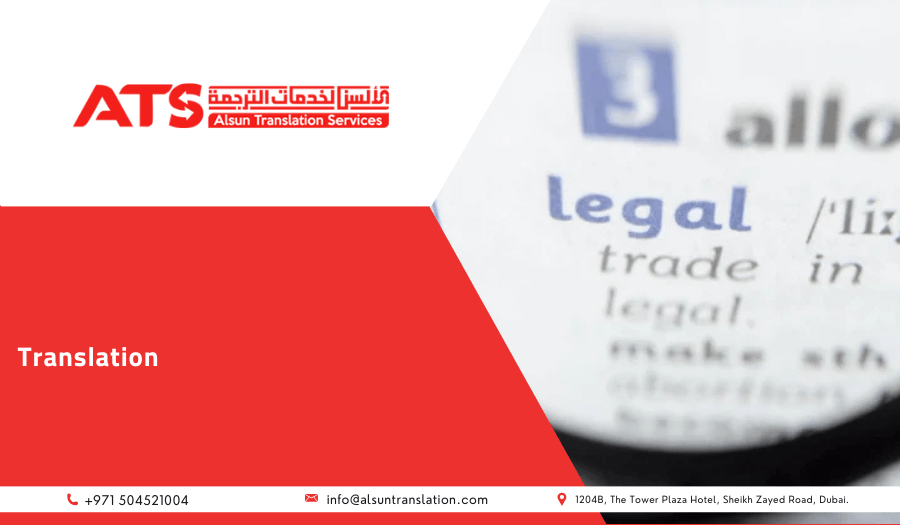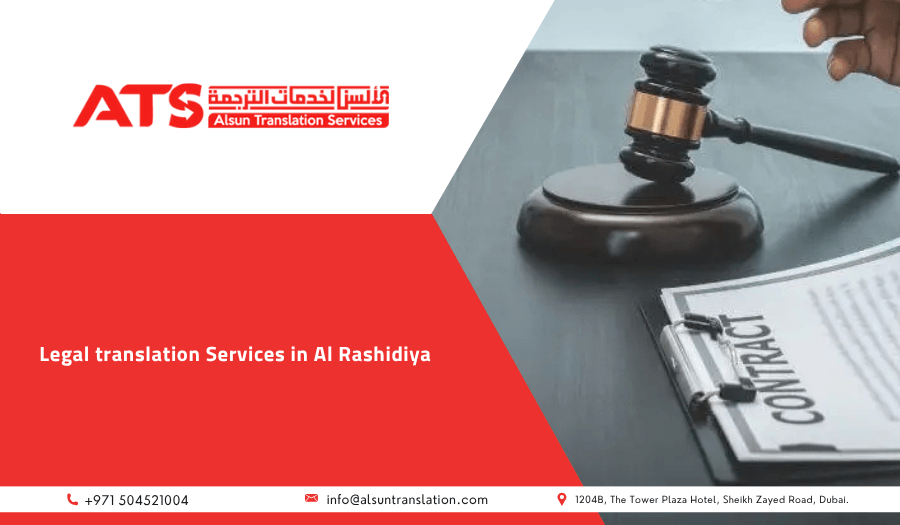Translation is about the responsibility of conveying the words from one language into another and making the right choice to use the right word in the right context, considering several factors that could impact the target audience. Therefore, the significance of ethics in translation is undeniably essential.
In this blog, we will tackle the ethical standards that we should consider in translation.
What are Ethics in Translation?
Ethics in translation are a set of guidelines and standards that were developed to safeguard and guarantee a high level of competence.
Ethics are set up to give the translator space to decide what is the right or wrong choice of words while translating a certain text in a certain situation.
These decisions indicate that the ethical translator is fully aware that their work has a clear impact on the target audience of the translation.
Importance of Ethical Translation
Ethics are very important in organizing the translation process, as they set strict rules and standards for translating content, especially difficult content that contains cultural references, which, if translated incorrectly, could lead to dire consequences.
Ethics also instill trust in the target audience and ensure that the translation they receive respects their customs and culture, regardless of the content.
They also preserve the confidentiality of the client and ensure that the translator communicates trustfully with various parties in various languages.
The Role of the Legal Translators and Interpreters
Translators and interpreters are indispensable in the legal domain, guaranteeing unobstructed access to justice by overcoming language barriers.
Their proficiency in accurately translating legal documents and facilitating effective communication throughout legal proceedings fosters cross-cultural comprehension. It safeguards the foundational tenets of equity and precision within the legal framework.
Translation of legal documents
Professionals are tasked with the critical responsibility of accurately and faithfully translating various legal documents. These documents may include contracts, agreements, court rulings, statutes, and legal correspondence.
A legal translator must profoundly understand legal terminology, concepts, and systems in the source and target languages. This expertise ensures the translations are precise and reliable, maintaining the intended legal meaning and context.
Interpretation in legal proceedings
Competent legal interpreters play a crucial role in facilitating effective communication and providing language assistance during court proceedings, depositions, and client meetings where participants require linguistic support.
Legal interpreters listen attentively to the spoken words in one language and accurately convey their meaning in the target language. Throughout the process, legal interpreters must uphold impartiality and maintain strict confidentiality, ensuring the integrity of the proceedings.
Also know: Why Professional Legal Translation is a Must in Dubai
Ethical Standards in Translation and Interpretation
Confidentiality
As an interpreter or translator, you will almost certainly be dealing with responsive or otherwise private information. Whether it appears insignificant, clients must be confident they can respect you and not discuss it with others.
Only share it with another individual with your customers’ express permission or if there is an immediate need to start sharing it for lawful or safety purposes.
Accuracy
Interpreters and translators are hired for their ability to accurately comprehend and express what one client says to the other. The translator must be precise in their translation.
We define an accurate version as preserving the source text’s significance, style, and sign-up.
When it comes to interpretation, much of human communication is conveyed through nonverbal cues such as expressions, voice tone, body language, and so on.
To assist interpreters in picking up on these nonverbal cues, interpreters ought to have customers speak to one another instead of to them and maintain eye contact.
Cultural Sensitivity
In some cases, more than simply communicating information is required. As a specialist in the cultures of both languages, you ought to be aware of any cultural differences that may impede clear communication.
As an interpreter, it is your responsibility to do everything possible to assist your clients in bridging misunderstandings.
As a translator, you must anticipate any misunderstandings that may emerge from your translated text and make adjustments to communicate the actual intent.
Professional Attitude
Accept only tasks relevant to your training and experience in terms of subject or setting and language fluency. Have the humility and honesty to decline an assignment outside your expertise.
Neutrality
You can only adequately represent someone’s message if you don’t cloud it with your thoughts and feelings.
You are hired for your knowledge and experience in language and cultural differences; sometimes, if you have experience and education in the topic, it isn’t your responsibility to provide your opinion.
This is particularly critical for translators. Customers might be unable to distinguish between your opinion and that of the opposing party, making injecting your viewpoints dishonest and harmful. If you have a personal attachment to one or both customers, it is better to step back and let another translator handle the task.
Professional Development
Languages are continually changing, and new definitions emerge in every profession regularly. To successfully interpret and translate, you must be aware of these developments.
Proceed with your learning and keep in touch with other professionals and groups in your sector to expand your abilities and knowledge.
It will assist you in remaining informed and becoming a more efficient interpreter or translator.
Dignity and Respect
Respect must be shown to all parties involved in the translation task, including the self, the organization, and its customers. The translator must respect copyright and intellectual property.
Papers that have been translated are the sole property of the customer.
Risks of Neglecting Ethical Standards
Every sector has unique ethical considerations, and legal translation and interpretation are no exception. Ethical principles guide the behavior and decision-making of professionals, ensuring the integrity and quality of their work.
Neglecting these standards can significantly impact the individuals involved and the broader community. Here are some of the risks associated with overlooking ethical standards in legal translation and interpretation:
- Even minor translation or interpretation errors in legal settings can have severe consequences, including wrongful convictions and compromised legal proceedings.
- Ignoring these standards can damage the professional reputation of translators and interpreters, impacting future job prospects and opportunities.
- Failure to adhere to ethical guidelines in legal translation may breach confidentiality and jeopardize privacy and rights.
- Ignoring ethics undermines justice, fairness, and equality, eroding trust in the legal system and questioning the legitimacy of legal decisions.
Also know: Legal Translation for Intellectual Property: Protecting Your Rights
The translation and interpreting positions and social responsibility
Interpreters and translators face many ethical concerns regularly while professional interpreting or translating in the sector.
Expert interpreters and translators must keep a high moral system in many situations to remain neutral and prevent intervening in a circumstance or possibly confusing the intended message.
The ethical obligations assumed during language services are just as crucial as converting words to achieve and finalize the translation or interpretation. Experts in the field of translation are familiar with the concept of ethics. All careers share various ethics.
Final Thoughts
Ethical standards in translation are not just guidelines for the translator but a complete responsibility and commitment towards the target audience and the translated text to reduce the linguistic and cultural gap between languages and facilitate communications among different people.
Contact us for more detail about the ethical translations.
Also know: legal translation bur dubai
FAQs
What are the ethical considerations of translation?
They are maintaining accuracy in translating the different texts, keeping the personal and sensitive information private and away from illegal usage, being aware of cultural differences, being neutral, respectful, and professional.
What is the role of ethics in translation?
The role of ethics in translation is to encourage making the right decisions regarding translation and choosing the correct terms appropriate to the context to suit the target audience.



